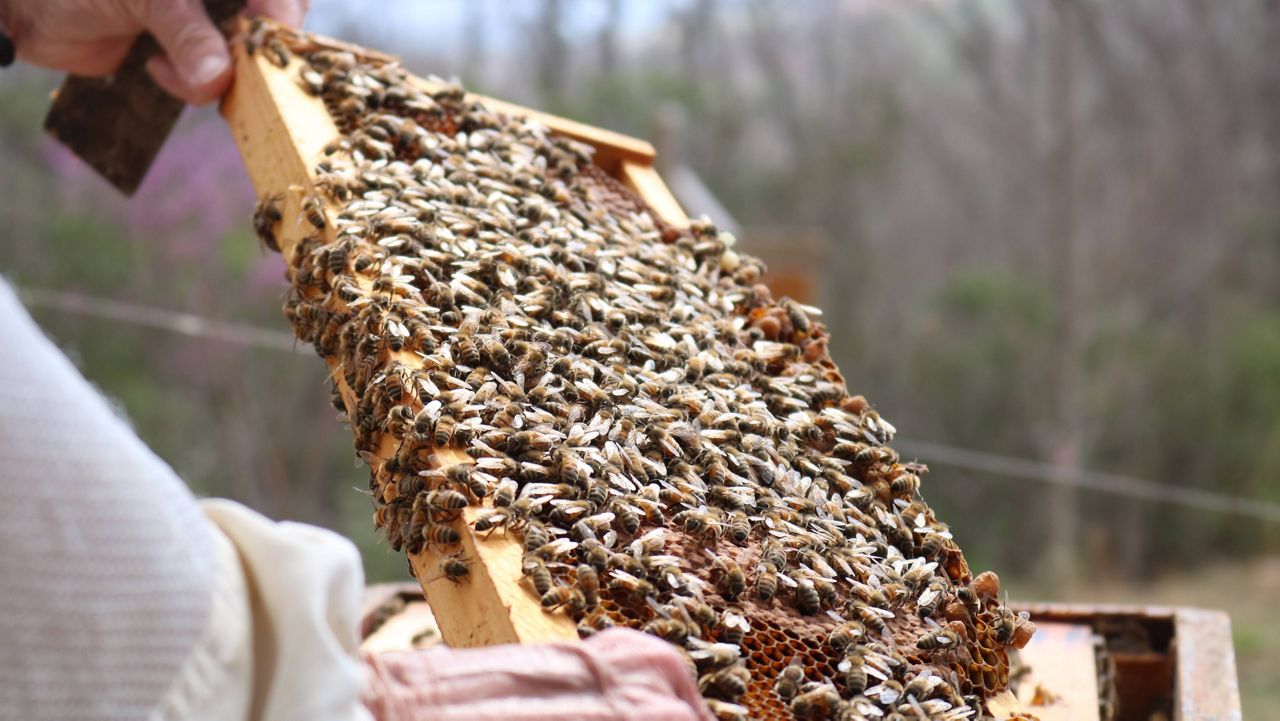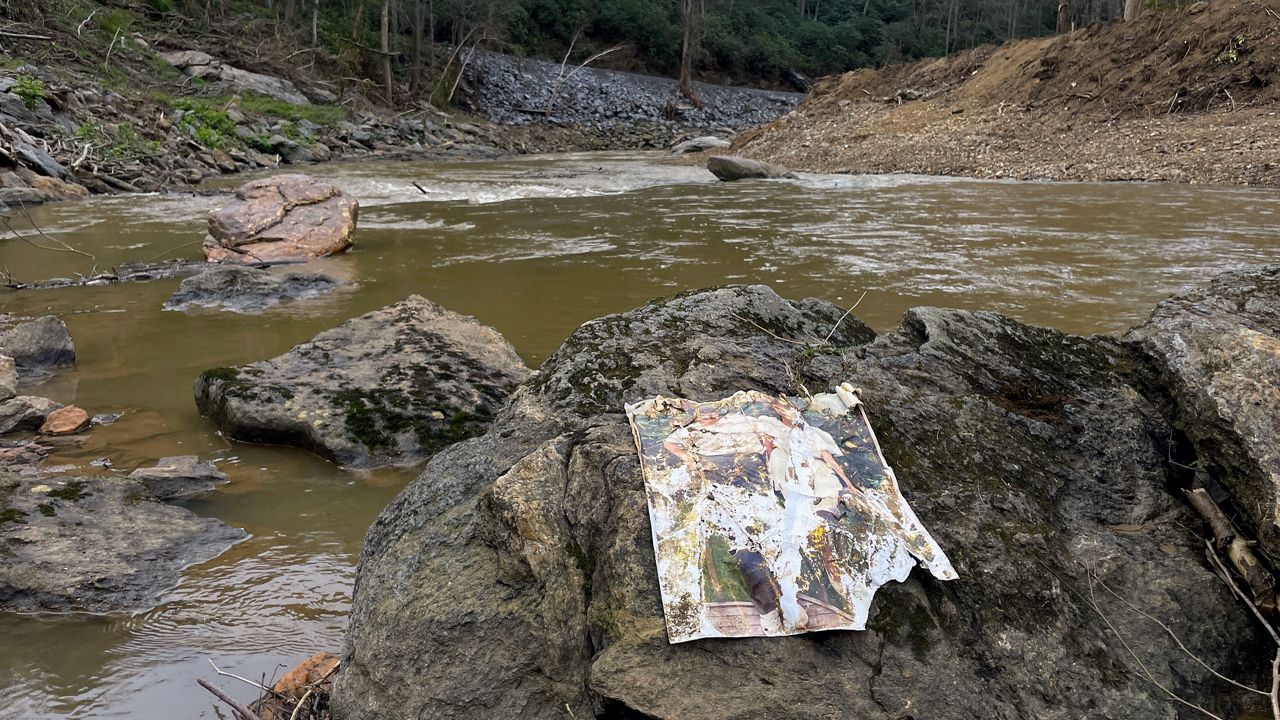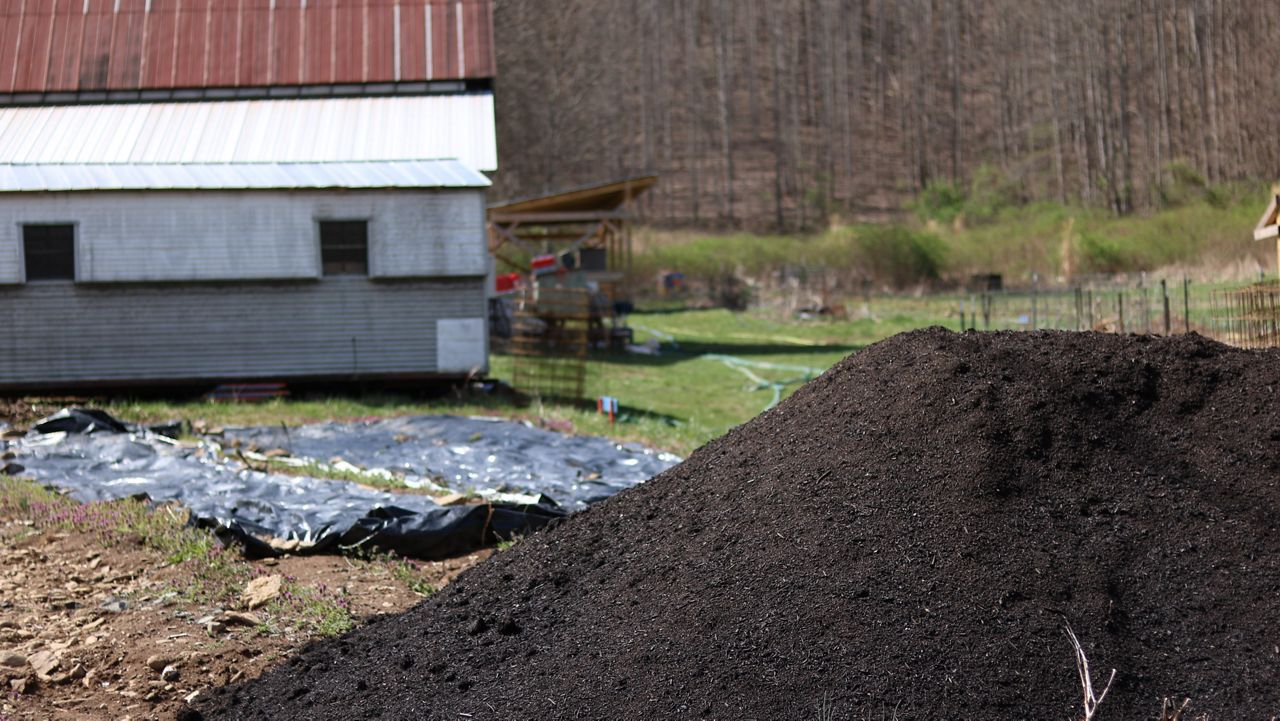When Helene struck western North Carolina in September 2024, many communities in the mountains faced widespread devastation. A trail of destruction would leave uncertainty with the future for tourism, local businesses and residents for months to come. The storm's impact was felt in different ways in the valleys and on the mountainsides.
Helene produced a variety of severe weather across western North Carolina, but while the damaging winds and landslides brought destruction to the mountains, it was the flooding that took everything from those who lived in the valley.
Anchored into the mountains on the Blue Ridge Parkway, the Pisgah Inn has been a staple for visitors to western North Carolina for over half a century. Owner Bruce O'Connell has spent 47 years welcoming families and friends to the inn, but nothing prepared him for what Helene would bring.
"We closed due to the storm, thinking we'd reopen once the weather cleared," O'Connell said. "But when the weather cleared, the area had been destroyed."
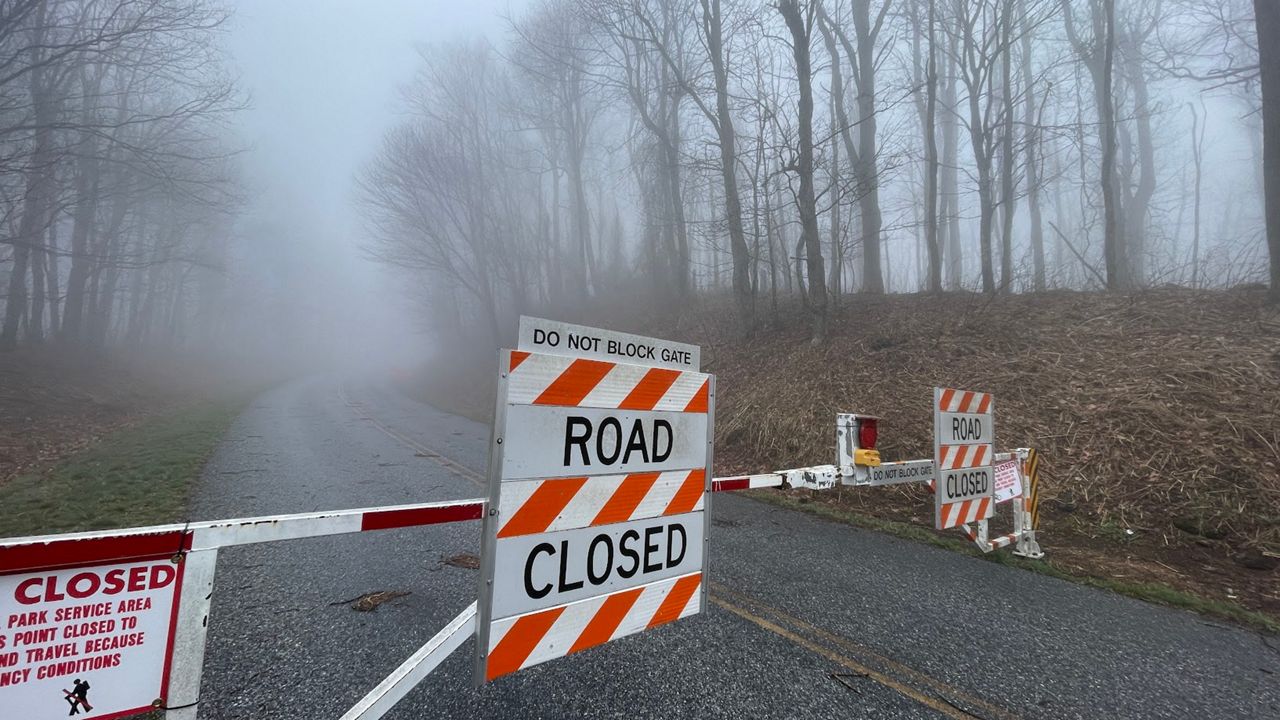
The storm came at the worst possible time for the Pisgah Inn. October, their busiest month of the year, was lost as the Blue Ridge Parkway closed for the winter. The inn had been fully stocked with food, merchandise and sundries all ready for the "leaf-peepers" that come in the fall.
The damage caused the inn to close its doors, not to reopen until spring.
"It was tough," O'Connell shared, reflecting on the loss. "We had $20,000 of food in the kitchen we ended up giving away. Lots of items we could keep, but lots of it we couldn't."
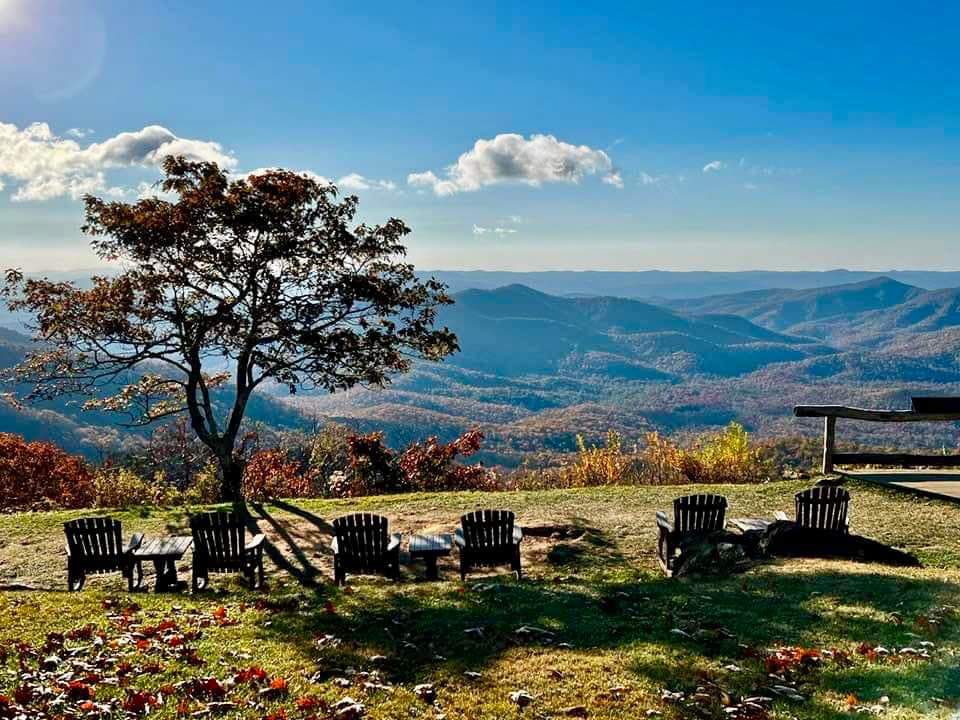
After years of battling different hurdles, including a pandemic, wildfires and finding reliable employees (with 90% returning this season), he faces this one with the same determination. Just this spring, right before opening day, a new threat emerged: a wildfire a few miles away, prompting an evacuation of employees getting ready to return to work.
Despite the challenges, O'Connell remains hopeful.
"I'm optimistic," O'Connell said. "This place is just so special and unique, it will always come back."
For Nick and Kavita Hardy, the storm's impact reached into every corner of their livelihood. They have lived in and run the Celo Inn for over three years, and the Hardys are proud to be a part of the cherished meaning that the inn has had in the lives of its visitors for decades.
Helene left the Hardy family not only without their business but without a home as extreme rainfall caused the South Toe River to rise to the ceiling of the first floor of the inn.
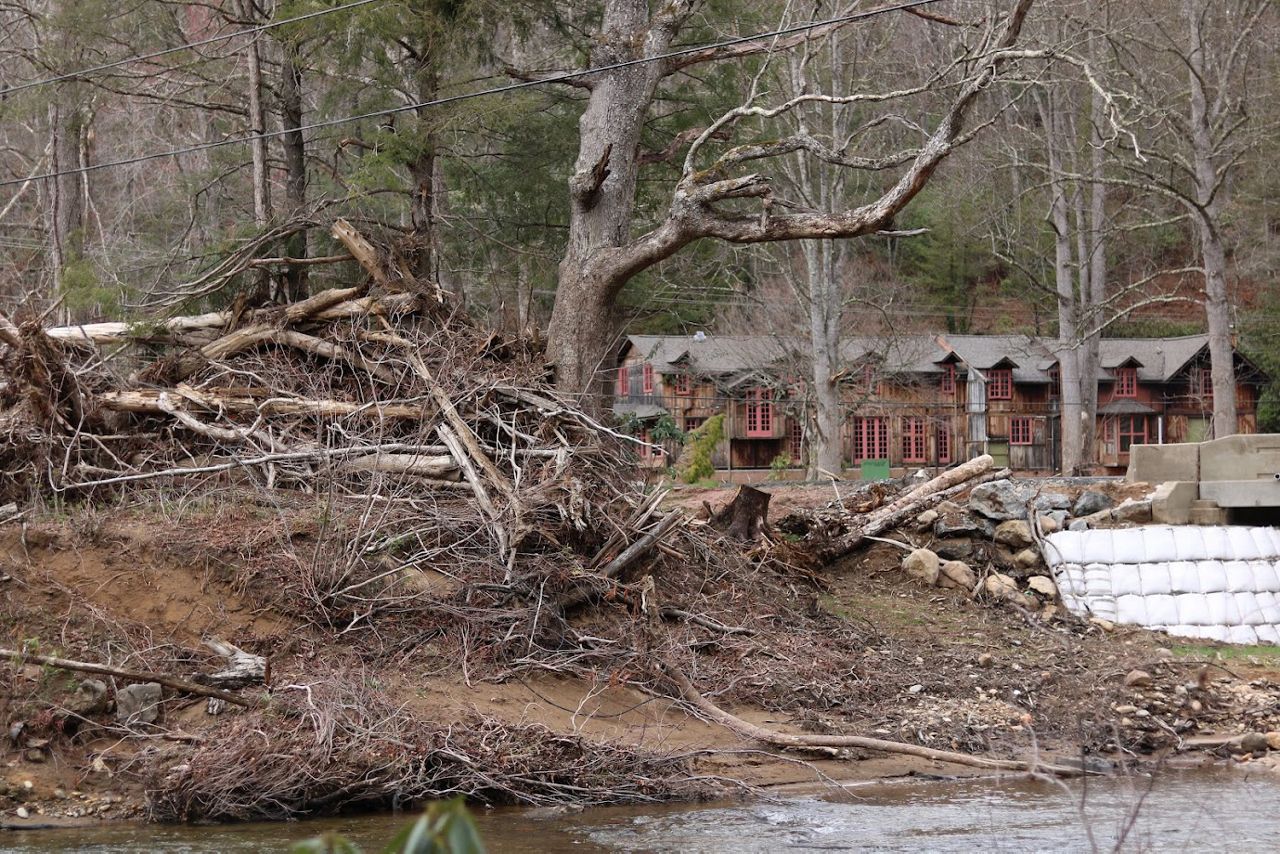
As the storm was hitting, the Hardy family evacuated while floodwaters continued to take their belongings into the river. In the peak of the storm, they fled to a family's house on higher ground.
"It was hard," Kavita Hardy said. "We were leaving our home, not knowing what would be left."
For the Hardy family, staying together was what kept them going.
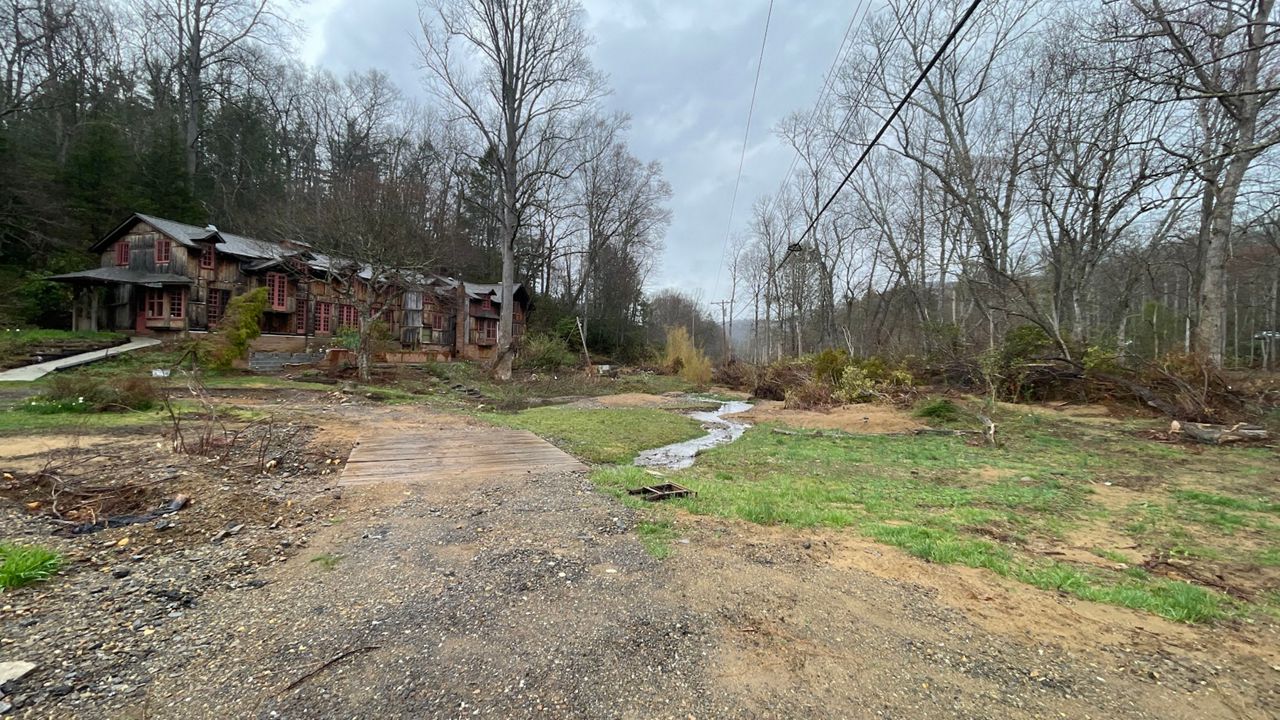
As they navigated their own emotions, the Hardys also faced the ongoing challenge of securing federal assistance for recovery.
"We're still trying to figure out if there's a way we'll get support," Kavita Hardy explained. "But so far, it hasn't happened."
Though the Celo Inn and Pisgah Inn both suffered damage, these businesses — and the communities they're in — are finding ways to move on and move in to the next hurricane season.
As communities in the mountains of western North Carolina continue to recover from the damage caused by Helene, many businesses are asking for patience and support as they rebuild for tourists to return this summer. The road to recovery may be long, but for people like O'Connell and the Hardy family, their resilience and the beauty of the land will always remain.
Our team of meteorologists dives deep into the science of weather and breaks down timely weather data and information. To view more weather and climate stories, check out our weather blogs section.






